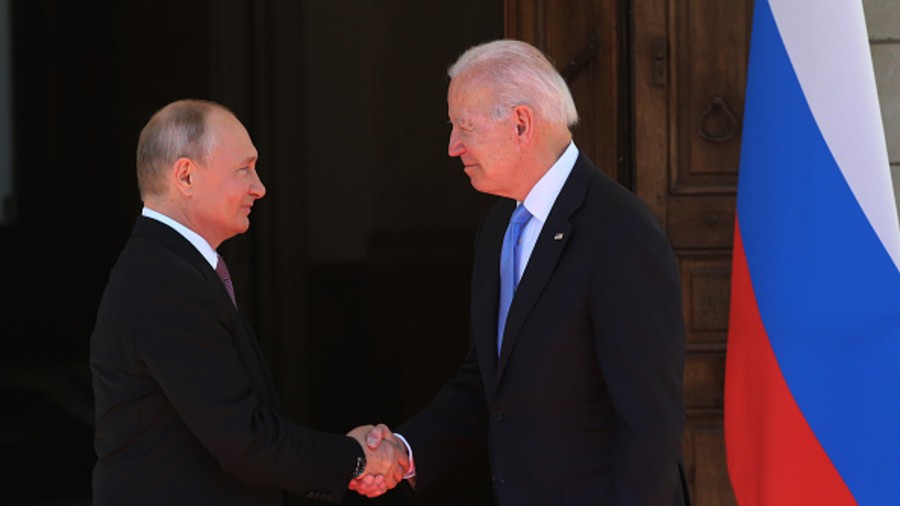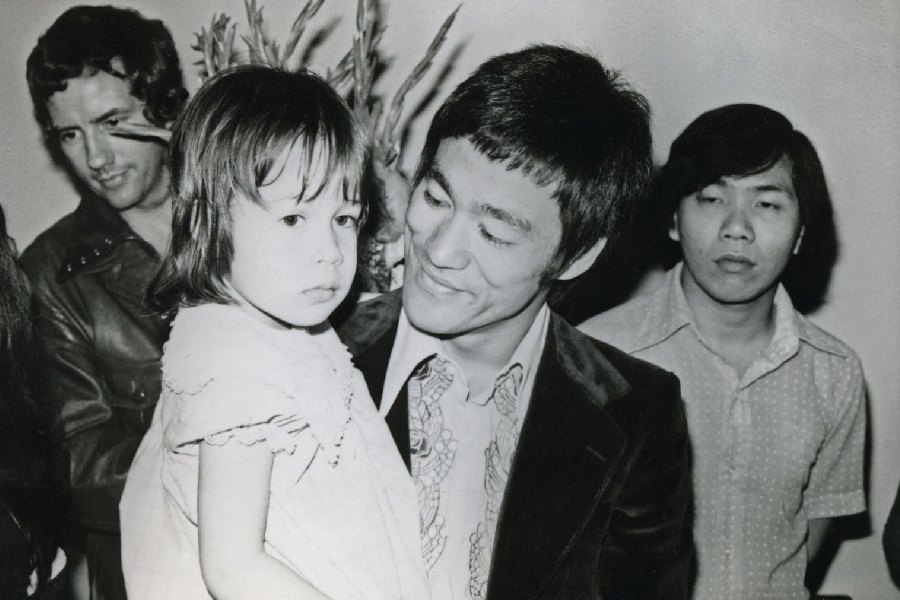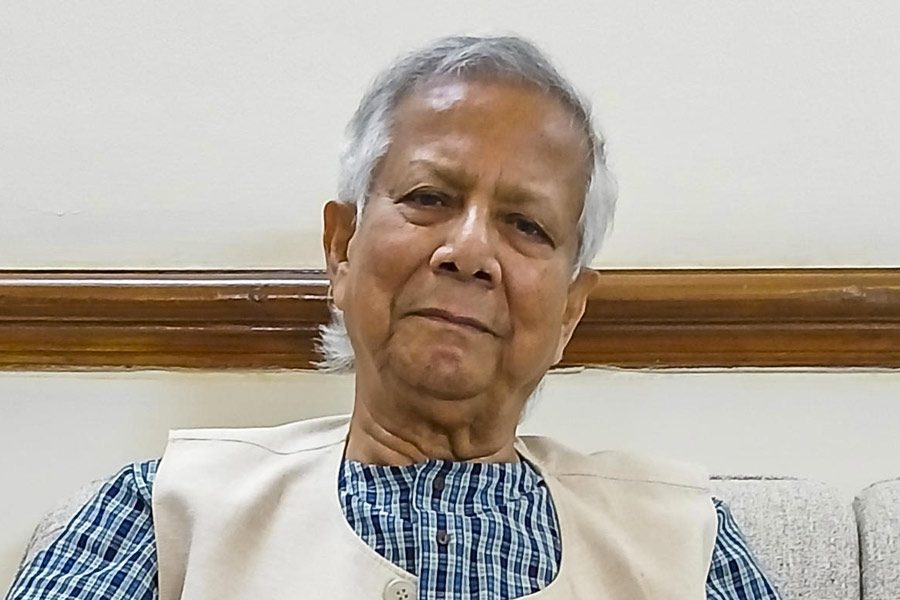President Vladimir V. Putin warned President Joe Biden on Thursday that any economic sanctions imposed on Russia if it moves to take new military action against Ukraine could result in a “complete rupture” of relations between the two nuclear superpowers, a Russian official told reporters on Thursday evening.
The exchange came during a 50-minute phone call that Putin requested, and which both sides described as businesslike. Yet it ended without clarity about Putin’s intentions.
He has massed 100,000 or so troops on the border with Ukraine, and issued demands for the North Atlantic Treaty Organization and the US to pull back their forces in the region, but apparently has not decided whether to order an invasion.
Biden, for his part, pushed back, according to two American officials. A White House statement said he “made clear that the US and its allies and partners would respond decisively if Russia further invades Ukraine”.
American officials declined to discuss the substance of the discussion, insisting that, unlike the Russians, they would not negotiate in public. But it was clear that both sides were trying to shape the diplomatic landscape for talks that will begin in Geneva on January 10, and then move to Brussels and Vienna later in the week in sessions that will include Nato allies and then Ukraine itself.
During the conversation, Putin repeatedly accused the US and Nato nations of placing offensive weapons near Russia’s borders, imperiling the country’s security.
It is a charge that Russian officials have made repeatedly in recent times, at first puzzling American officials. At first it appeared they might be referring to Javelin anti-tank weapons and other small munitions the US has provided to Ukraine to deter an attack.
But over time, it has become clear that the Russians are referring to nuclear and non-nuclear “global strike” weapons, including intermediate-range nuclear missiles that were prohibited by a treaty that Moscow violated for several years, and President Trump abandoned.
New York Times Service











